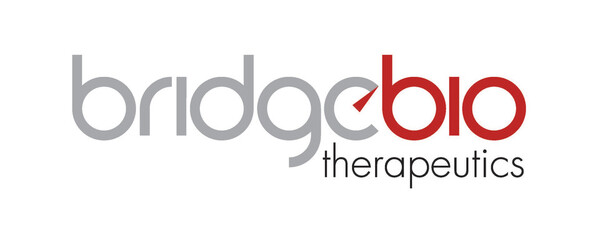Bridge Biotherapeutics has failed to confirm the efficacy of its ulcerative colitis treatment BBT-401-1S in multinational phase 2a clinical trials.

The company announced the result of the BBT-401-1S phase 2a clinical trial in a public filing on Friday. It conducted the trial on 38 moderate to severe ulcerative colitis patients in five countries – Korea, the U.S., New Zealand, Poland, and Ukraine – to evaluate the candidate treatment’s efficacy, resistance, and safety against a placebo.
The primary endpoint was the clinical response rate on day 57, defined as a reduction of 30 percent or more in Mayo score or a drop of three points or more from the baseline. Only, it should include cases where the lower rectal bleeding score falls by one point or more or stays at one point or lower.
According to the public disclosure, however, no notable differences were found between the BBT-4-1-1S group and the control group in phase 2a clinical trials.
Afterward, Bridge Bio ran an additional explanation of the result of the 2a trial on its website.
“As the clinical response rate was 54.5 percent in the medium-dose group, 54.5 percent in the high-dose group, and 63.6 percent in the placebo control group, we could not secure significant difference in clinical response rates between the clinical drug treatment group and the placebo group,” it said.
According to Bridge Bio, the company comprehensively looked into serious adverse events (SAEs) and adverse events (AEs) from the aspect of the safety-related evaluation index and found most adverse reactions were at a mild level and no adverse drug-related reactions.
Bridge Biotherapeutics conducted its phase 2a clinical trial with a low-dose drug in the U.S. from April 2019 to July 2020, improved drug formation, and entered the latest medium- to high-dose trials.
“By checking the results of improved drug detection compared to the last low-dose test, we could confirm we have achieved the desired results in terms of enhancing drug delivery capabilities through improved formulation,” it said.
The company plans to continue developing ulcerative colitis treatment by conducting additional non-clinical and clinical trials based on the recent results.
“Based on newly secured data in addition to existing persistent safety and endurance of BBT-401 through the recent clinical trials, we will go all out to develop innovative new drugs to deliver hope to global patients with ulcerative colitis by sophisticating development plans and strategies,” the company added.
Related articles
- Bridge Biotherapeutics, Pinotbio join hands to develop cancer therapeutics using ADCs
- Bridge Biotherapeutics, Brainomix team up for P2 idiopathic pulmonary fibrosis study
- 'Bridge Biotherapeutics committed to expanding cancer, fibrosis pipeline'
- Bridge Bio wins FDA nod for phase1/2 trial of NSCLC treatment
- Bridge Biotherapeutics discards NSCLC drug candidate BBT-176
- Bridge Bio starts phase 1/2 clinical trial of EGFR-TKI for NSCLC

